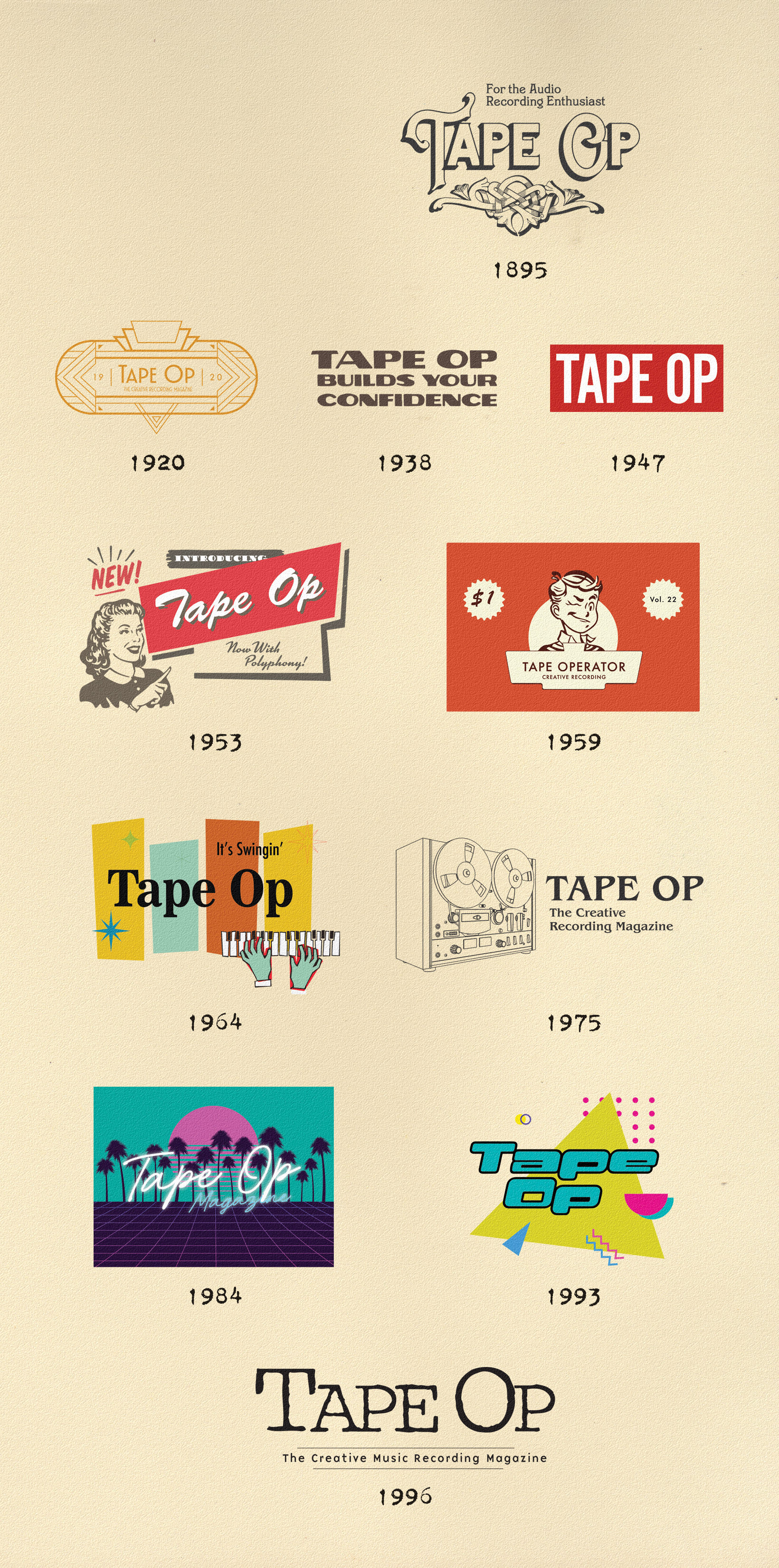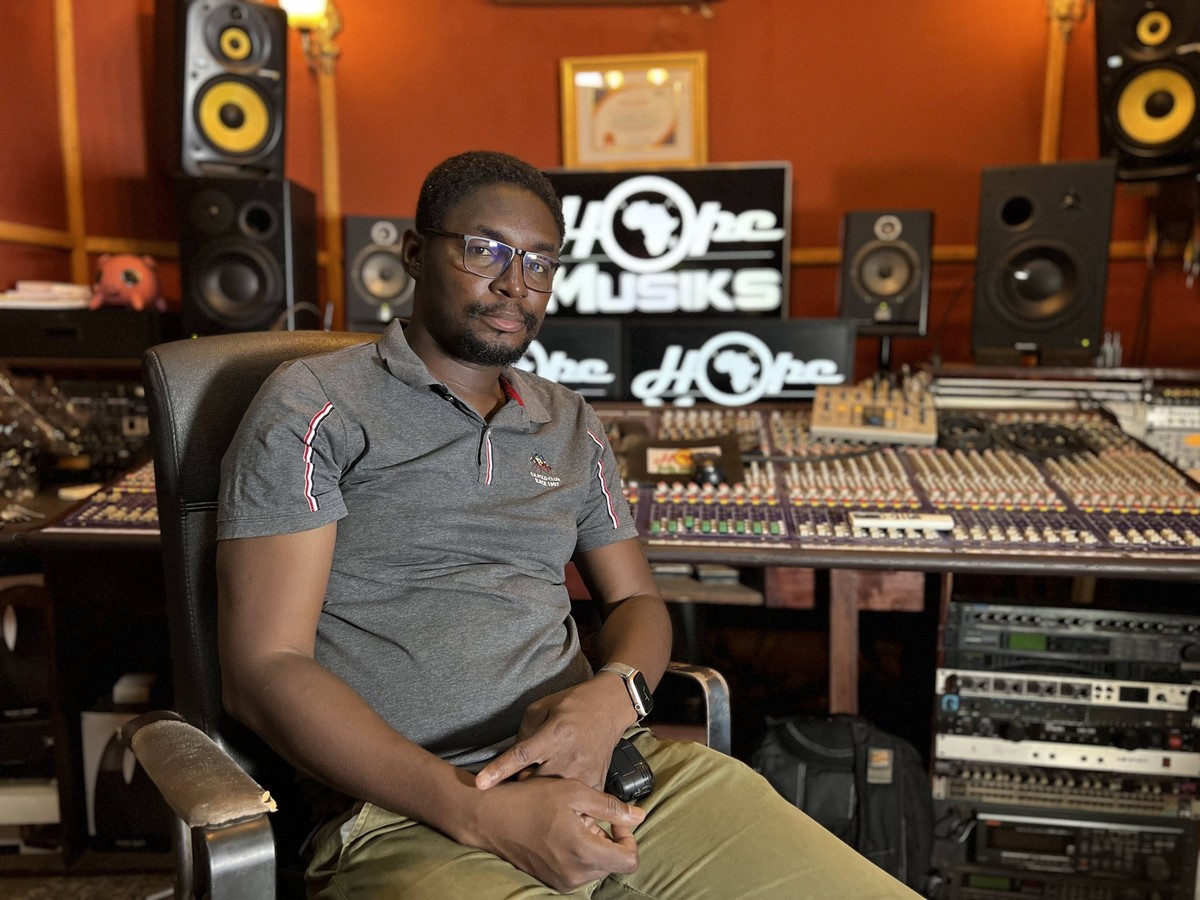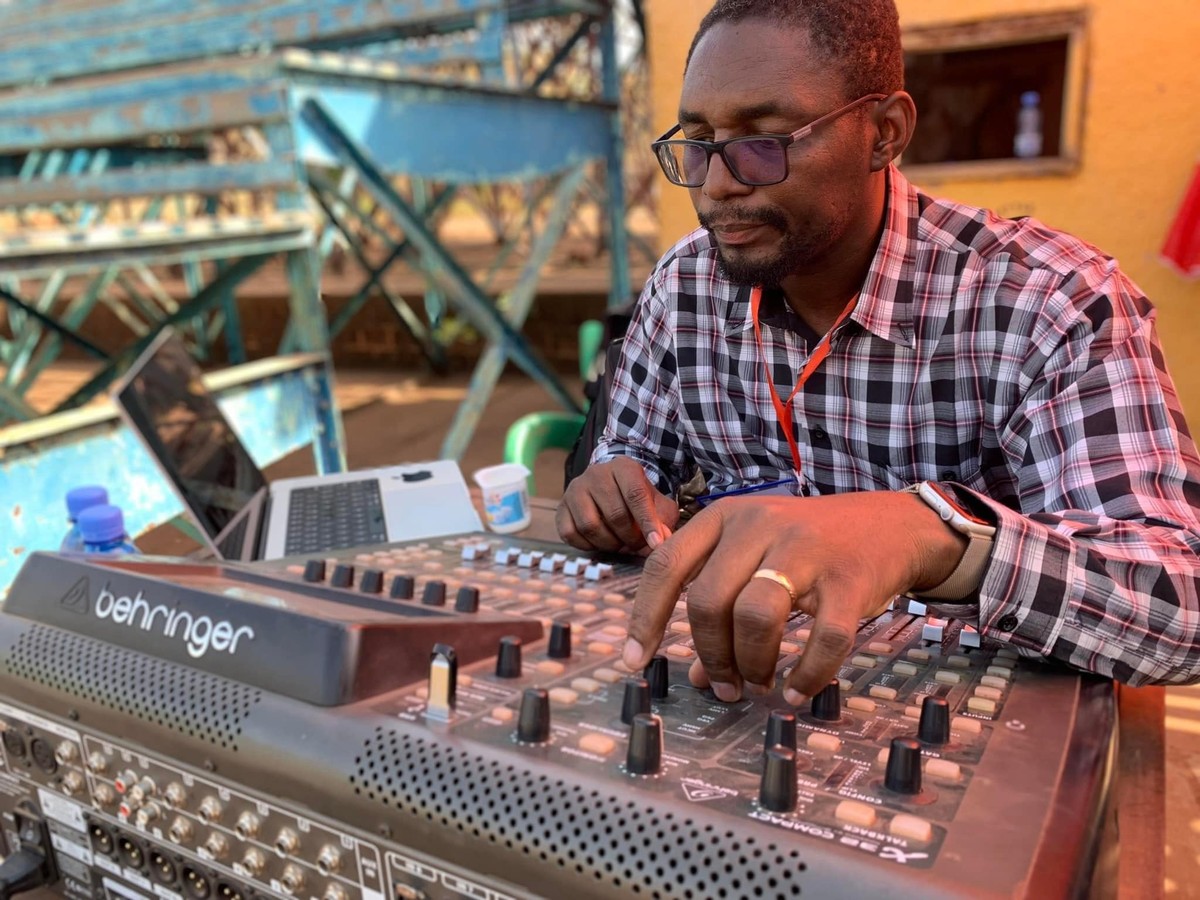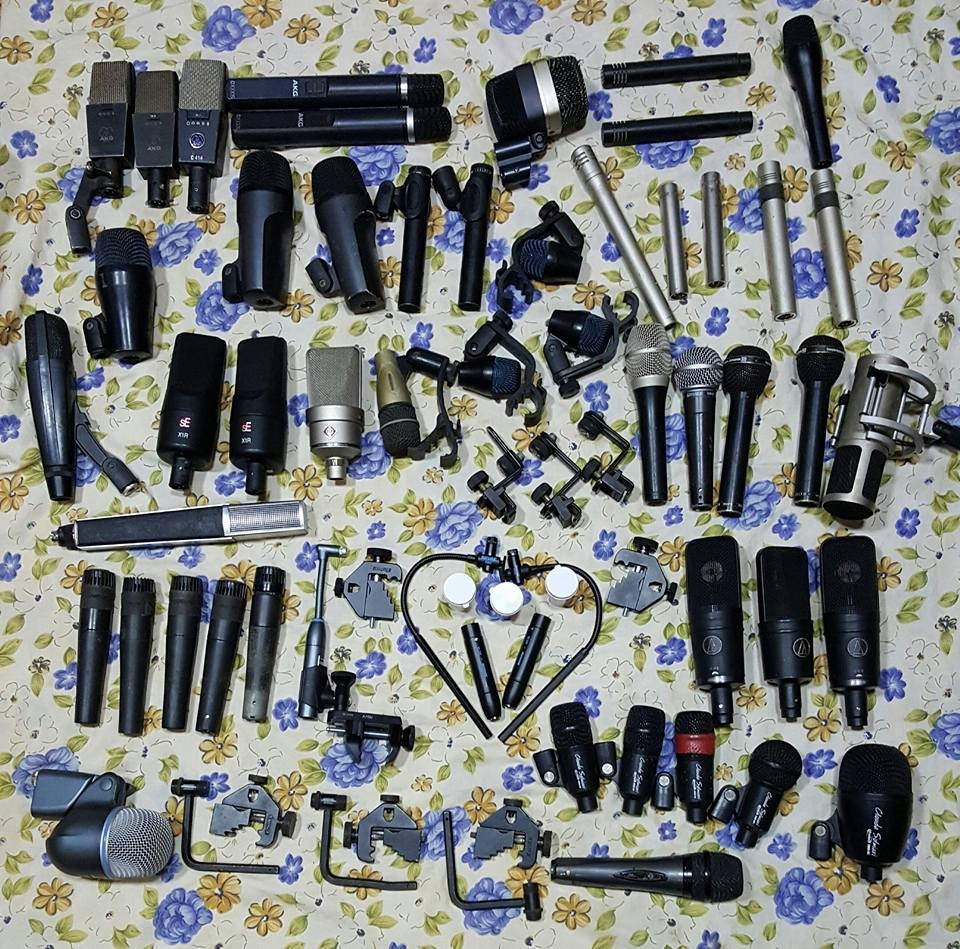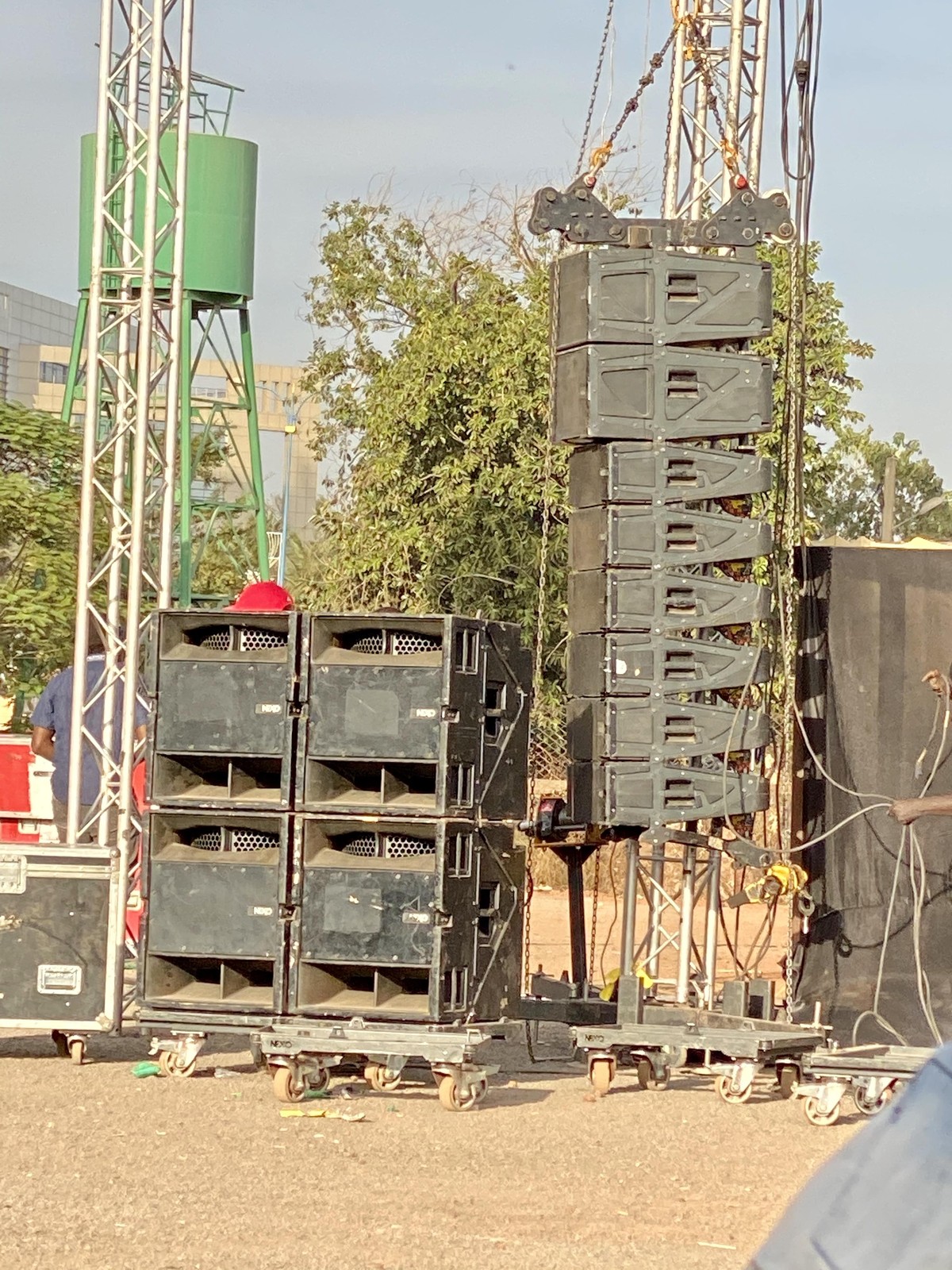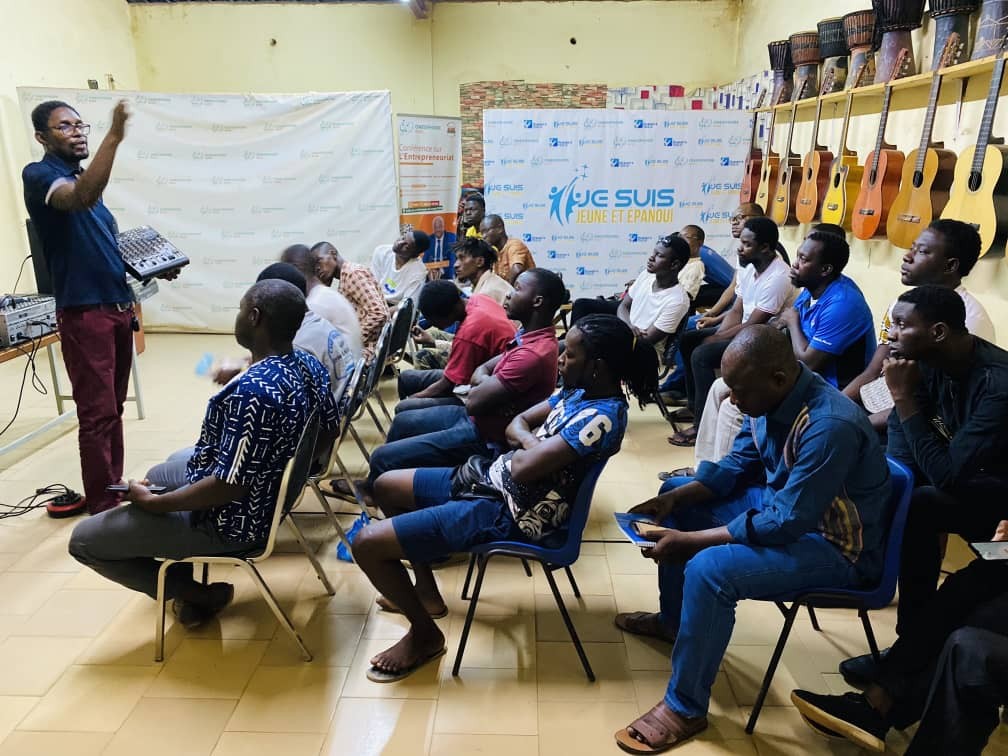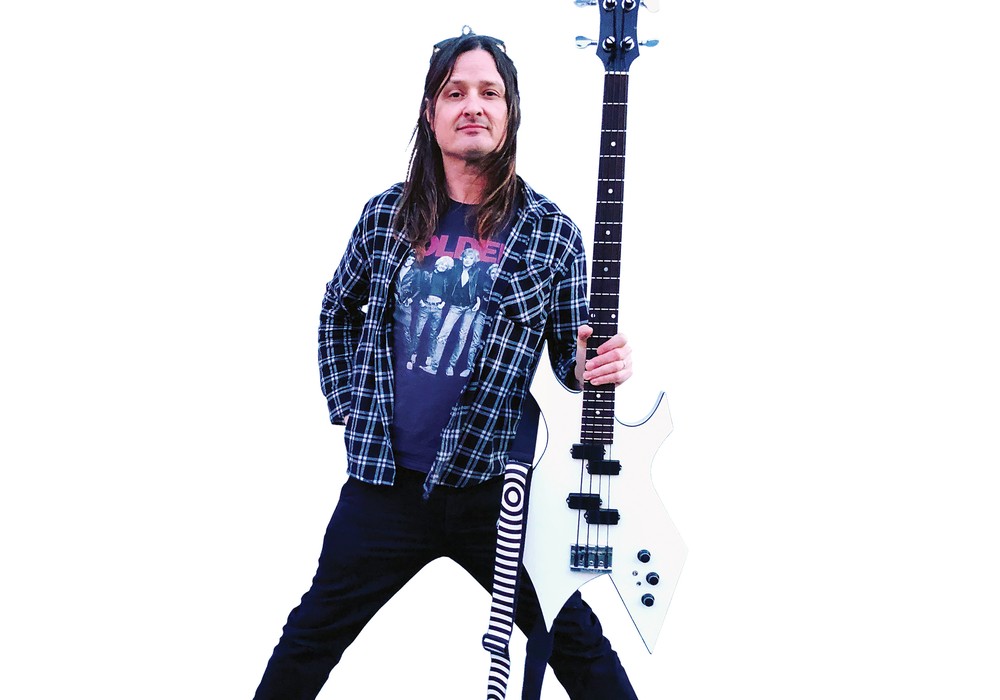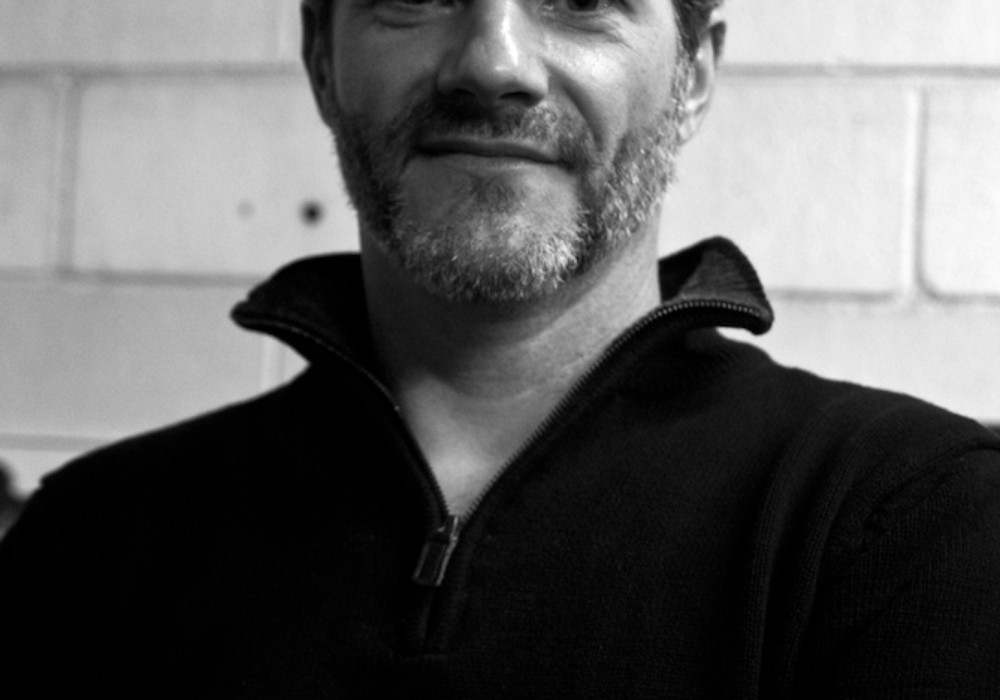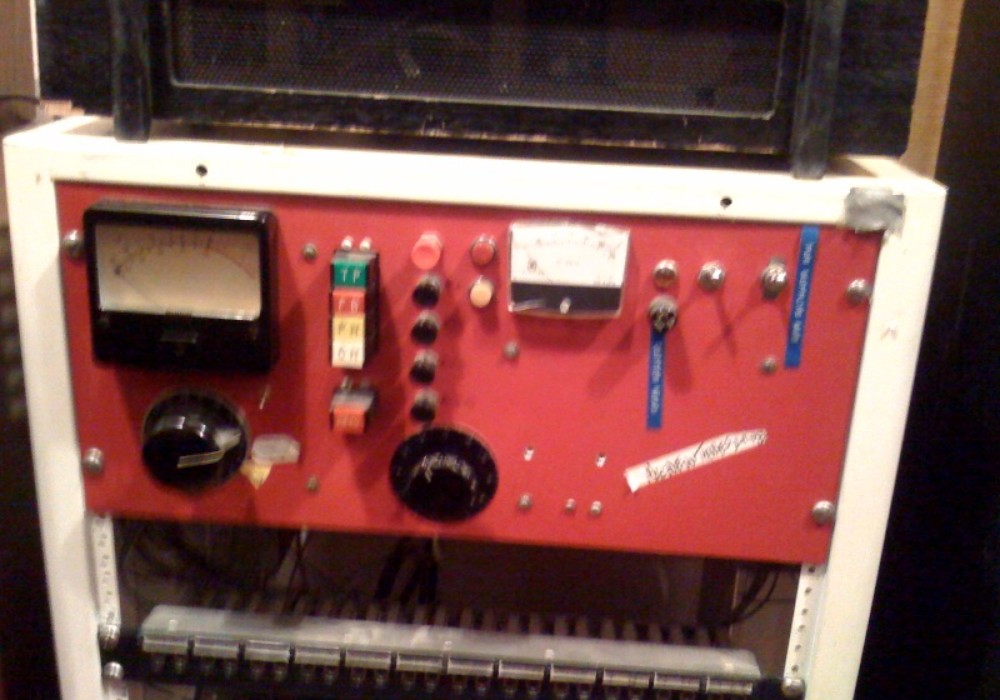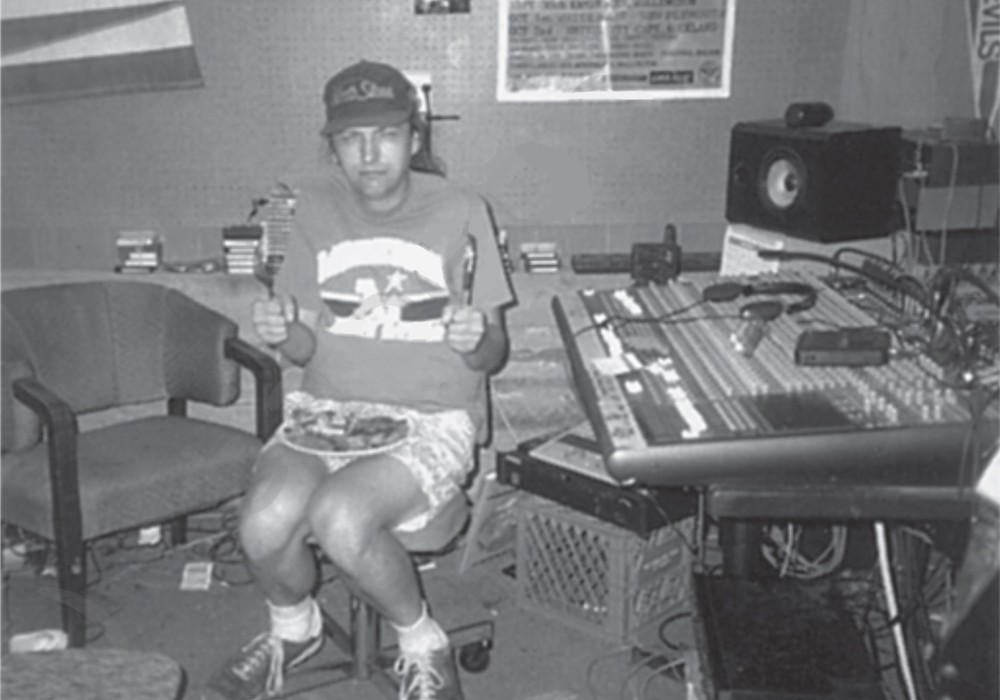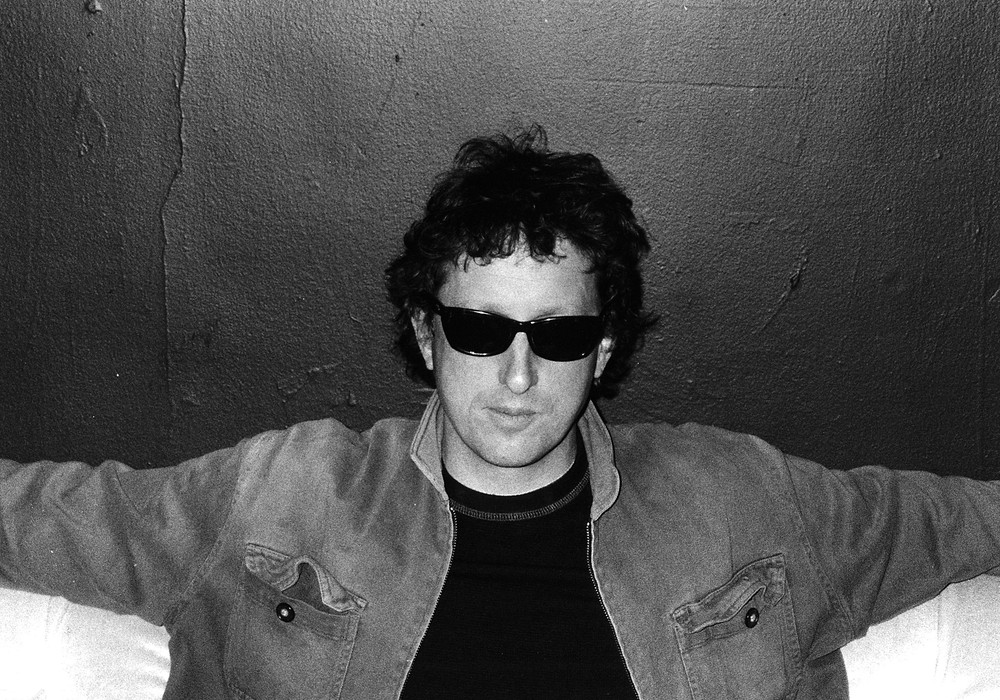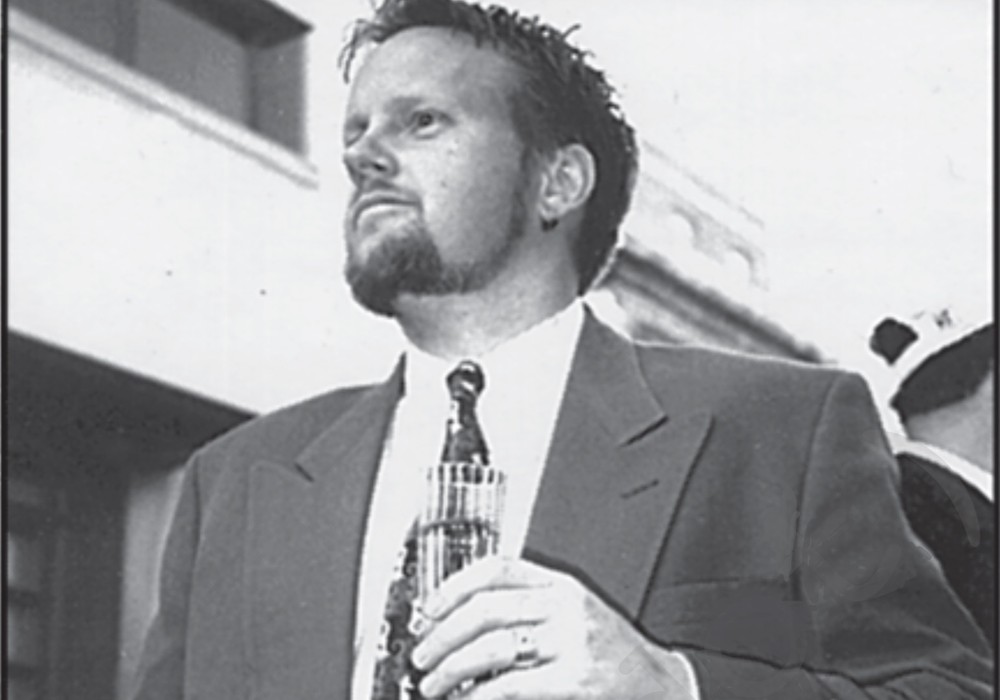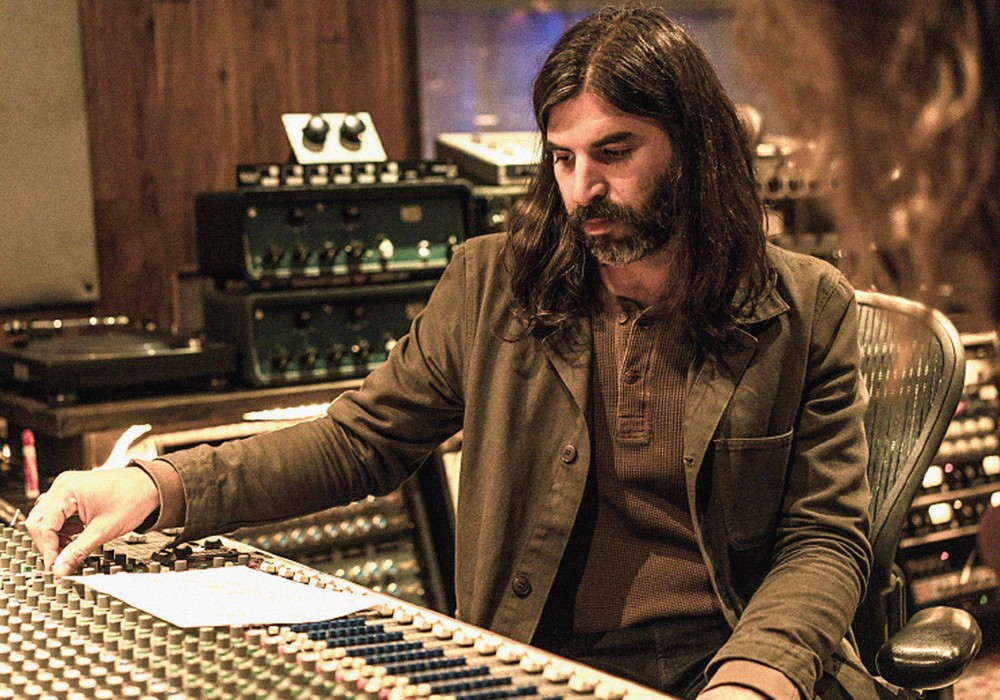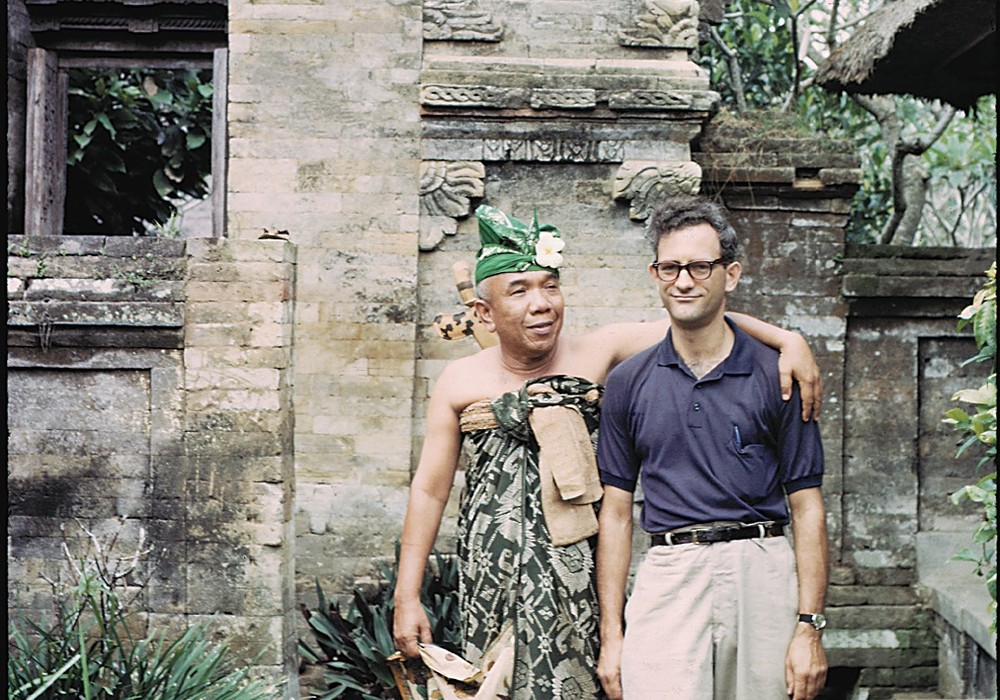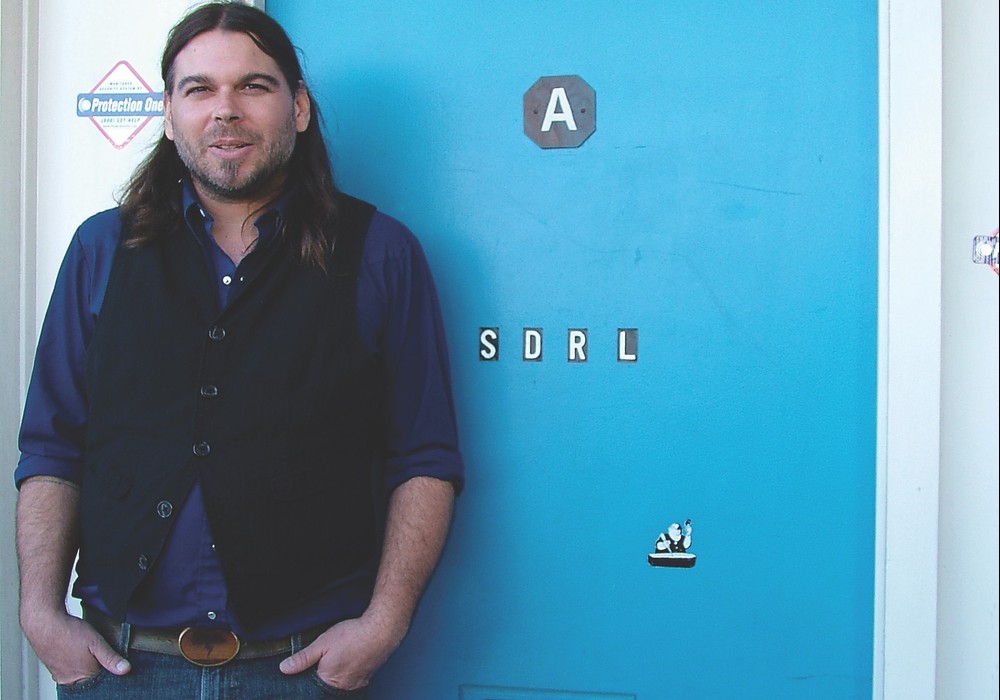You were a musician. What did you play?
I used to play keyboard for fun and to learn, but I ended up playing in Amadou & Mariam’s band for two years.
You were born in Burkina Faso, and then you went to Mali?
Yes, I went to school very young. At 17, I got my first university degree in medicine, but I was not comfortable with medicine because I couldn’t handle the sight of blood. Next, I studied geology. I went to Mali for a month to explore the country, and then one month became ten years. [laughter] I stayed and started a small studio with just an old [Creative Labs] Sound Blaster sound card, one keyboard, and a microphone. But it was hard for me in Bamako [the capital of Mali], because in Bamako most of musicians play the Mandingue scale.*
That is interesting since the tritone was called the Devil’s tone in European music, and it was thought that it suggested “evil,” yet it’s central to the Malian scale.
Yes, but because I'm not from Mali, I was not comfortable with that scale. There is still a lot I don’t understand, since they flatten a lot of the notes. That’s why I liked playing with Amadou & Mariam, since most of what they do is a pentatonic five-note scale. It was very fun to discover their music, because from outside sometimes it can seem like everything is the same groove. But they actually have small changes, and once you understand that, it alters your whole way of listening.
What was that one microphone that you had at your first studio in Mali?
It was a Behringer B-2 PRO. It was the least expensive one, but for me – when I started – the cost of it was still six months of income. After each session I would take the microphone home to where I slept because it was the most expensive thing I owned.
You took your monitor speakers off of a boombox.
Yes. I didn’t have the money for anything other than those, so I had to get creative.
In 2022, you and I were supposed to be on a panel together at the AES Conference in New York, but sadly both you and Tupaï N’Gouin-Claigh [Ivory Coast] were denied visas, so Professor Pras and I were left to conduct the panel on recording in Africa and how often local recording engineers and studios were invisibilized. Your forced absence at the conference spoke volumes about the systemic challenges faced.
Yes, it is very hard for musicians from Africa to travel outside of Africa due to visa restrictions. Because of this, Amadou & Mariam actually had two bands – one for touring Europe that was based there and another for local touring. The local musicians are better for playing around Africa, because we don't need visas to travel between many of the neighboring countries. So, I played in Amadou & Mariam’s local band.
How did you end up aiding so many other recording engineers locally?
I did one record with a local singer, and the producer said, “You will do all of the recording at your studio, but we will take it to Studio Bogolan for mixing.” Studio Bogolan was co-owned by Ali Farka Touré, and people like Damon Albarn [Blur], Björk, Dee Dee Bridgewater, and Youssou N’Dour had recorded there. I went to Studio Bogolan to try to talk with the mix engineer. He was a white French guy who co-owned the studio, Yves Wernert. I told him that I was working on the recording, and how did he want me to export the files for him. Yves was very happy, because he said that he had been working in Mali for a long time, and that this was the first time a technician had ever come to ask how the work should be delivered and finished. He asked me if I wanted to come there and see how he mixed. I was excited, because since the beginning I’d only discovered ways of working by doing it myself. We became friends, and when he came back from his vacation in France he brought me some software. I began with that, and I thought about all of the other small studios that needed this software. I started giving people the software, and teaching what I understood about using it. At that time, nobody was able to download anything because the internet was so slow. I thought this was an alternate way to spread knowledge and help train a new generation of local engineers.
What software was it that you were using?
Most of the time we were using [Steinberg] Cubase, sometimes [Steinberg] Nuendo for post-production, and later the early versions of [Emagic] Logic, since it was able to run on PCs and that was all most people had at the time.
You've told me about the difficulty of building your studio in Burkina Faso in 2012. You had to go to Europe to be able to even get the equipment, and then had to drive the gear from Spain to Morocco, and then all the way across the desert to Burkina Faso.
The problem with Burkina Faso is that we are landlocked. We don’t have any sea or port, so it's very difficult to import equipment. Even if we import it by boat through another country, like Ghana, there are importation taxes, levies, and over a thousand kilometers to drive. The bumpy state of the roads is not good for transporting fragile equipment! And we cannot get insurance for the equipment. It was easier and cheaper for me to fly to Paris, buy a vehicle, and drive the equipment to Burkina Faso by myself. It would not be possible to do so today due to the security issues in northern Mali and throughout the region.
How many days did that journey take to drive?
It was ten days.
Did you run into any problems at the various borders?
Yes, I had to keep a lot of cash with me for bribes. [laughter]
You bought a car in Paris just to drive the equipment home in?
Yes. Usually, people coming from Africa cannot go to Europe in their own car, so they have to buy a car there. But coming from Europe, the restriction is not the same. It was a small van; not an expensive one.
What equipment did you bring back at the time you were building your initial studio?
The main thing was a computer, because I didn't have one. It was an Apple Mac Pro with a monitor, and – at that time – it was not possible to get that quality of computer here. I had to get a sound card and a converter. My goal was to be able to record many tracks together – I prefer to do live recording, to be able to mic everything simultaneously and record the performance of the band without a metronome. I needed a sound card with little latency and a big amount of inputs and outputs; 48 inputs and 48 outputs. And I needed something to be able to control my tracks – a console with 32 faders. My first console was an Icon QCon Pro. My sound card is a RME HDSPe MADI, and the converter is an SSL [XLogic Alpha-Link] MADI AX. My first monitors were made by Focal. I also brought back tons of cables, because in my country it was not possible to get the connecting cables. I bought a lot of microphones. Burkina is a very poor country, and this was before the explosion of Chinese equipment. Now you can get a lot of equipment on the market here, but it's mostly Chinese equipment. I can find DI boxes and some cables now. But when I put together the studio, all of those items were not possible to get. The Chinese can build good equipment, but the guy here goes to China and buys things very cheaply. Lots of it is copied material, and the quality is not good.
What microphones did you buy on that original trip in 2012?
I have a lot of dynamic microphones. The basic ones – Shure SM57 and SM58. I have the Shure 55SH; I very much love that microphone. I have a complete kit for drums. I have four Sennheiser e 904 and the e 902. My goal was to get a Neumann U 87, but I didn’t have enough money to buy one – and at that time I needed to have multiple microphones. Instead, I bought two Audio-Technica AT4050. I have four rooms in my studio – I have one large cabin, two smaller ones, and the control room. My goal was to be able to do one-shot recordings – with everyone playing at the same time – and to be able to capture live sessions. That way, we can serve the groove and not use a click track. For that to be possible I had to make a trade off and buy microphones that were not so expensive, just to be able to record all of the players playing together.
Why do you prefer live recording?
When I was in Mali, this guy asked me to record them at Studio Bogolan [in Bamako]. I went to where the group rehearsed to see them play. But when they came in the studio, I was not able to recognize the same groove when they were playing with headphones. The sonics were good, but we missed something in the music. I asked the studio owner if it was okay if I could bring the equipment from the studio to where the band do their rehearsing, so that they could just play and record like that and see what happens. If you isolated instrument by instrument, the sound recording that way was not as good. But for the groove, for the overall feel, compared to the original recordings in the studio, the new recordings were 100 percent better! From that experience, I understood that for African musicians they usually play much more freely and alive when it’s all done live.
And you're recording vocals live, too?
Yes, if possible. Many times, the vocalist is in the control room with me. In my second wave of purchasing of equipment for my studio, I bought five Shure SM7Bs since they don't take a lot of bleed from the other instruments. I can do the vocals at the same time as everything else is being recorded. And the main vocalist is wearing headphones.
What has the impact of Afrobeats been in west Africa? Wizkid [Ayodeji Ibrahim Balogun] and Burna Boy [Damini Ebunoluwa Ogulu MFR] both made history this past summer by individually becoming the first African musicians to sell out two different 60,000-plus capacity stadiums in London.
It has given more visibility to African music. If you see Burna Boy on tour, they use all of the new and best digital sound equipment. For me, it's so great to see a young African guy mixing and being able to touch and command equipment that it's still very difficult to even get here in Africa. If I want to compare the music with food, for me Afrobeats is like fast food, whereas the traditional music is like gourmet cuisine prepared by a master chef. But Afrobeats' base is still African music.
I've sometimes received pressure to make traditional music, folk music, or African music sound rawer. Some labels want it to sound primitive. You’re an amazing engineer – much more skilled than me – have you ever had pressure to make something sound "less good"?
Yes. Sometimes the producer wants it to sound like an old recording – more vintage. For me, that’s okay because it's a new challenge. Every time we work, we try to make things sound as great as possible. But sometimes it can be too slick and clean. Sometimes, it’s better to make things sound not so clean. But my job is to achieve whatever the producer wants.
I recall that there were some instances of your not being given credit on records that European producers had worked on.
When Yves sold Studio Bogoland, he said, “You are the only local man who is qualified to work in this studio right now. If you agree, I can tell the guy buying the studio to call you if they need a local engineer." I started working there sometimes, and I learned a lot about different techniques of recording by watching the different people that came in. But for many albums that were released internationally, I was surprised to see that they didn't even mention my name. Sometimes it was me who did all the work for some big-name producer, and all the guy would do is come and drink lots of coffee all the time. I was the one who had done all of the recording, but still my name was left off of the credits entirely.
In Africa, often the only recording option available regionally used to be at radio stations, and those were often governmentally owned or established and operated by colonial forces.
Yes, the problem in Africa now is that, in most cases – due to globalization – we can get the equipment more easily than before. But the instructions about how to use the equipment is still very difficult to receive. We don't have any schools for sound recording. Even on the internet, most of the content there is inaccessible to the majority since it is in English. People often ask me how I have been able to mentor so many young engineers in such a short amount of time. What I say is I am not a conventional sound engineer. Because I didn't go to school, I'm not using conventional methods. To learn the conventional ways, you have to study for a long time. In Africa we simply don't have this amount of time available; we have to find shortcuts. What I teach people first are the problems that I encountered as I learned – to focus on what causes problems right at the start. I go straight to the solutions to these practical problems. I’ve found that this problem-solving method is the quickest way to teach people, and it is the most efficient. No theory, just practical information. I try to help these people understand why they should not do things a certain way – to steer clear of common mistakes. Most importantly, I try to teach them that there is not only one way to do things. The better approach that gives you the best results is to work with whatever equipment you have. It might be better to do something another more "standardized" way, but that is irrelevant if you don't have that particular equipment available. You've got to work with whatever you have and focus on finding ways to get the best results, no matter how limited the gear might be that is accessible to you. 
